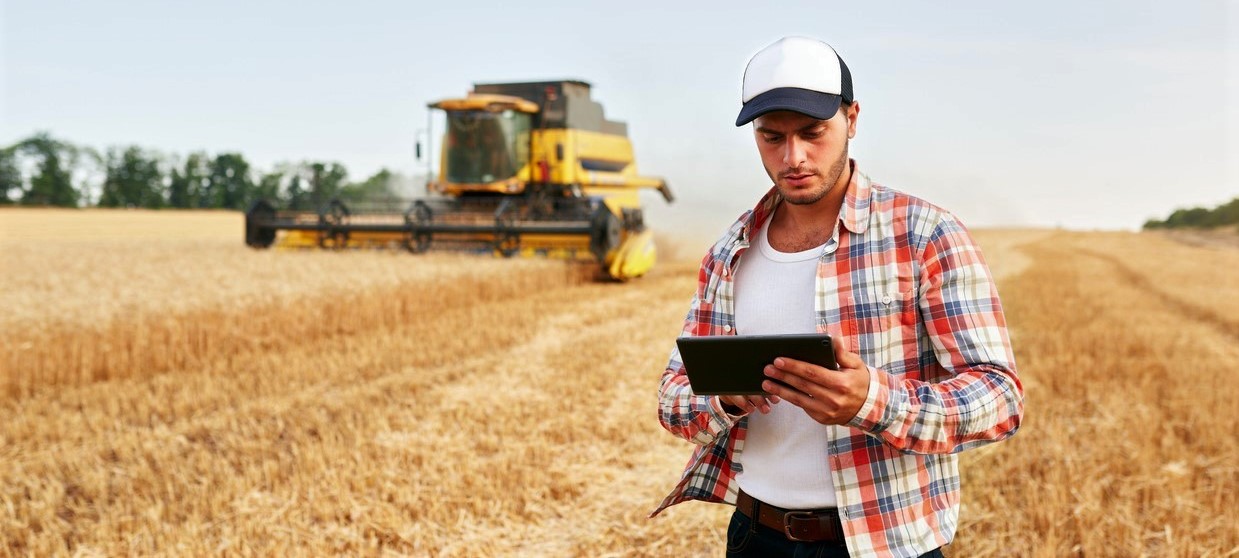Railway applications - Infrastructure - Machines without rail wheels and associated equipment, intended for work on the railway infrastructure - Part 1: Technical requirements for working
Abstract
This European Standard deals with the technical requirements to minimize the specific railway hazards for machines without rail wheels and associated equipment, designed and intended for use on railway infrastructure - henceforward referred to as ‘MWR'. This European Standard specifies the requirements to deal with the hazards during transport, assembly and installation, commissioning, working in railway infrastructure, including setting, programming, and process changeover, operation, cleaning, fault finding, maintenance and decommissioning of the MWR and associated equipment when they are used as intended and under conditions of misuse which are reasonably foreseeable. Other machines, which have rail wheels, for use on railway infrastructure are dealt with in other European Standards; see technical report TR 17498:2020. The common hazards dealt with include the general hazards presented by the MWRs in the railway environment, as well as the hazards presented by the following specific MWR functions: - excavation; - lifting; - overhead contact line equipment renewal/maintenance; - maintenance of the infrastructure components; - inspection and measurement of the infrastructure components; - tunnel inspection/ventilation; - rail maintenance incl. snow clearing; - ballast tamping, ballast cleaning, ballast regulating, ballast consolidating; - emergency rescue and recovery. The types of MWR covered by this standard include: - MWR with manually driven mechanisms, for example rail tensors and rail jacks - MWR with power driven mechanisms for example rail panel handlers and rail drills This European Standard does not have requirements for the following: - the quality of the work or performance of the MWR; - specific requirements established by the railway infrastructure operator for the use of MWRs, which will be the subject of negotiation; - separate equipment temporarily mounted on MWRs. - hazards due to air pressure caused by the passing of high-speed trains at more than 200 km/h - operation subject to special rules, e.g. potentially explosive atmospheres; - hazards due to natural causes, e.g. earthquake, lightning, flooding; - operation in severe working conditions requiring special measures, e.g. extreme environmental conditions (below - 20 °C or above + 40 °C), corrosive environments, contaminating environments, strong magnetic fields; - hazards occurring when used to handle suspended loads which may swing freely.
Begin
2021-09-03
WI
00256A0S
Planned document number
DIN EN 18146
Project number
08701455
Responsible national committee
NA 087-00-01-02 UA - Track construction and maintenance machines
Responsible european committee
CEN/TC 256/SC 1/WG 5 - Track construction and maintenance machines


